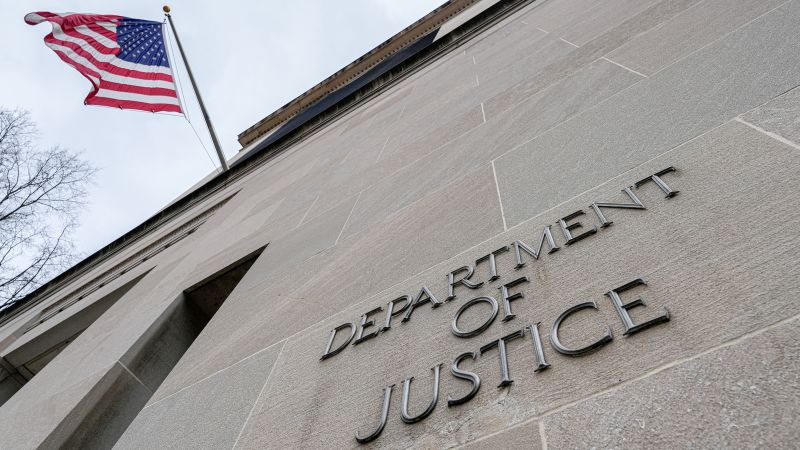A Ukrainian national named Yaroslav Vasinskyi was sentenced to over 13 years in prison and ordered to pay $16 million in restitution for his involvement in a 2021 ransomware attack that affected numerous businesses in the US and globally. Vasinskyi, who is connected with the ransomware group REvil, was responsible for more than 2,500 ransomware attacks and demanded over $700 million in ransom payments, according to a Justice Department news release. One of the attacks he was accused of involved deploying ransomware on the Florida-based software firm Kaseya, where he demanded millions of dollars to stop the attack.
The ransomware attack on Kaseya affected up to 1,500 businesses worldwide, causing some to cease operations for days. This incident highlighted how ransomware groups can exploit supply-chain dependencies to disrupt businesses. Vasinskyi, also known as Rabotnik, was arrested in Poland at the age of 22 and extradited to the US. He pleaded guilty to various charges including conspiracy to commit fraud, damage to protected computers, and money laundering in connection with the cybercrime activities. Deputy Attorney General Lisa Monaco emphasized the Department of Justice’s commitment to holding accountable those who target US victims and disrupting the broader cybercrime ecosystem.
In addition to Vasinskyi, another alleged REvil operative named Yevgeniy Polyanin was charged in relation to the ransomware attack. Authorities seized around $6 million in funds believed to be linked to ransom payments received by Polyanin during the investigation. The Treasury Department also imposed sanctions on Vasinskyi and Polyanin, as well as on a cryptocurrency exchange that was allegedly involved in moving money for ransomware operatives. These actions are part of the government’s efforts to combat cybercrime and hold individuals accountable for their involvement in ransomware attacks that affect businesses and individuals in the US and beyond.
The extensive financial and operational impact of ransomware attacks underscores the need for continued vigilance and collaboration to prevent and respond to such incidents. The case of Vasinskyi and his associates serves as a reminder of the global reach and sophisticated tactics employed by ransomware groups in targeting businesses and organizations. By disrupting these criminal networks and holding their members accountable, law enforcement and cybersecurity authorities aim to protect individuals, businesses, and critical infrastructure from the damaging effects of cyber threats.
The coordination between various law enforcement agencies, including the Department of Justice and the Treasury Department, demonstrates the multi-faceted approach taken to combat cybercrime and disrupt ransomware operations. By targeting the individuals and entities involved in ransomware attacks, authorities aim to dismantle these criminal networks and deter future malicious activities. The financial penalties imposed on Vasinskyi and Polyanin, as well as the sanctions against the cryptocurrency exchange, send a strong message that those involved in cybercrime will be held accountable and face severe consequences for their actions.
In conclusion, the sentencing of Yaroslav Vasinskyi and the charges brought against his fellow operative Yevgeniy Polyanin represent significant steps in the fight against ransomware and cybercrime. The collaboration between law enforcement agencies and the imposition of sanctions demonstrate the commitment to disrupting criminal networks and protecting individuals and businesses from the harmful effects of cyber threats. By prosecuting those responsible for ransomware attacks and seizing illicit funds, authorities seek to deter future criminal activities and safeguard the digital infrastructure of the US and other countries.


